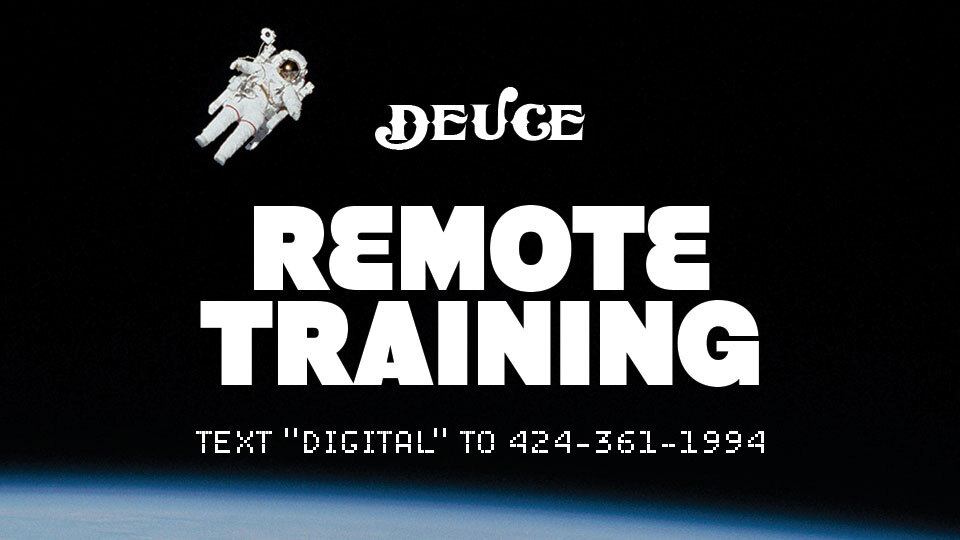
In my brief travels through the teachings of meditation, Zen Buddhism, adult psychology, and consciousness development, I’ve come to find a common theme. While each other these studies present very different details, names, and strategies for how to make progress, the common link tends to be taking on an observer role. Thus, creating distance from the experience.
Meditation of virtually any style tends to place the practitioner in the power of the moment by taking an observer role of his or her thoughts and feelings. This empowers the practitioner to earn “space” cognitively by separating from the thoughts and feelings that come and go in the mind.
Zen Buddhism recognizes that life is suffering. In order to navigate this alleged permanent suffering, practitioners are asked to take on the perspective that they are not their thoughts and feelings of suffering. The path to enlightenment, then, is detachment from Earthly suffering.
Adult psychology views the development of the human mind from infancy to death as a progression through stages. The most common stage is called the socialized mind. It’s essentially stage three in a series of about five stages depending on the research you consult. The socialized mind is informed and guided by a scaffolding built from socially recognized desires, expectations, and values. This stage and all the stages before it are tethered to our Earthly perceptions. Previous stages are even more so, in fact. Babies, for example, cannot even separate their experience from the experience of others. When they experience hunger, a baby doesn’t consider that it’s possible that anyone else could be having any experience other than hunger.
When it comes to the expansion of our consciousness, which has much to do with the study of adult psychology, we recognize that the inquiry be summed up by the distance we can create from ourselves. Simply put, we can summarize that the greater the consciousness, the higher the perspective. That is to say, an advanced consciousness can take up the view from the balcony and look down on our own experiences form above. The highest forms of consciousness we can currently describe can dissociate further and watch our own perspective as a part of a system of systems from above.
What is the lesson here? It seems as though we run into trouble when we become trapped in a perspective that can only see the world through the windows of our eyes. In times of struggle, pain, or stagnation, you might not take on meditation or Buddhism, but it might pay to gain some distance from your immediate experience. This kind of disassociation is a nearly universal strategy to navigate the burdens of life. Take note.
Logan Gelbrich
@functionalcoach
2/13/18 WOD
Complete the following for calories:
10 Min Assault Bike or Row
Then, complete the following for quality:
3×3 Clean Pulls
5×5 Behind-the-Neck Push Presses
50 Strict Toes-to-Bar

